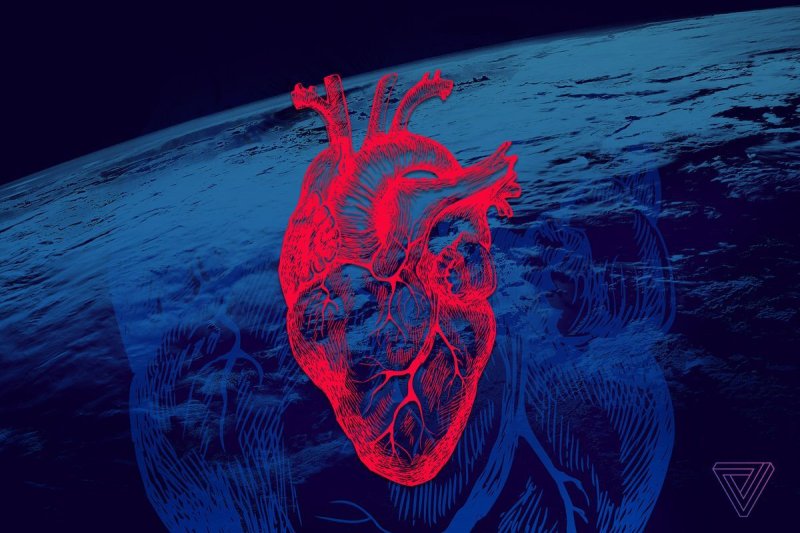In a study published on [March 29] in the journal Circulation, scientists reported that the largest chamber of the heart of Scott Kelly, who spent nearly a year on the International Space Station in 2015 and 2016, shrank in mass by more than one-quarter by the time he returned to Earth.
That just adds to the litany of transformations that the human body undergoes… Astronauts also tend to have swelled heads, squashed eyeballs, shriveled legs and bones that become more brittle.
…
Without the pull of gravity, the heart does not have to pump as hard, and like any other muscle, it loses some fitness from less strenuous use. For Mr. Kelly, the shrinkage occurred even though he exercised almost every day on the space station, a regimen that has proved effective at limiting the brittling of bone and loss of muscle overall.
But a smaller heart could be a concern for future missions to Mars.
“They’ll probably be OK,” [researcher Dr. Benjamin] Levine said. But problems could arise if an astronaut were injured or fell sick and could not exercise. Or if the exercise equipment broke. With weaker hearts, they could become lightheaded and faint when stepping foot on the red planet after months of weightless travel.































